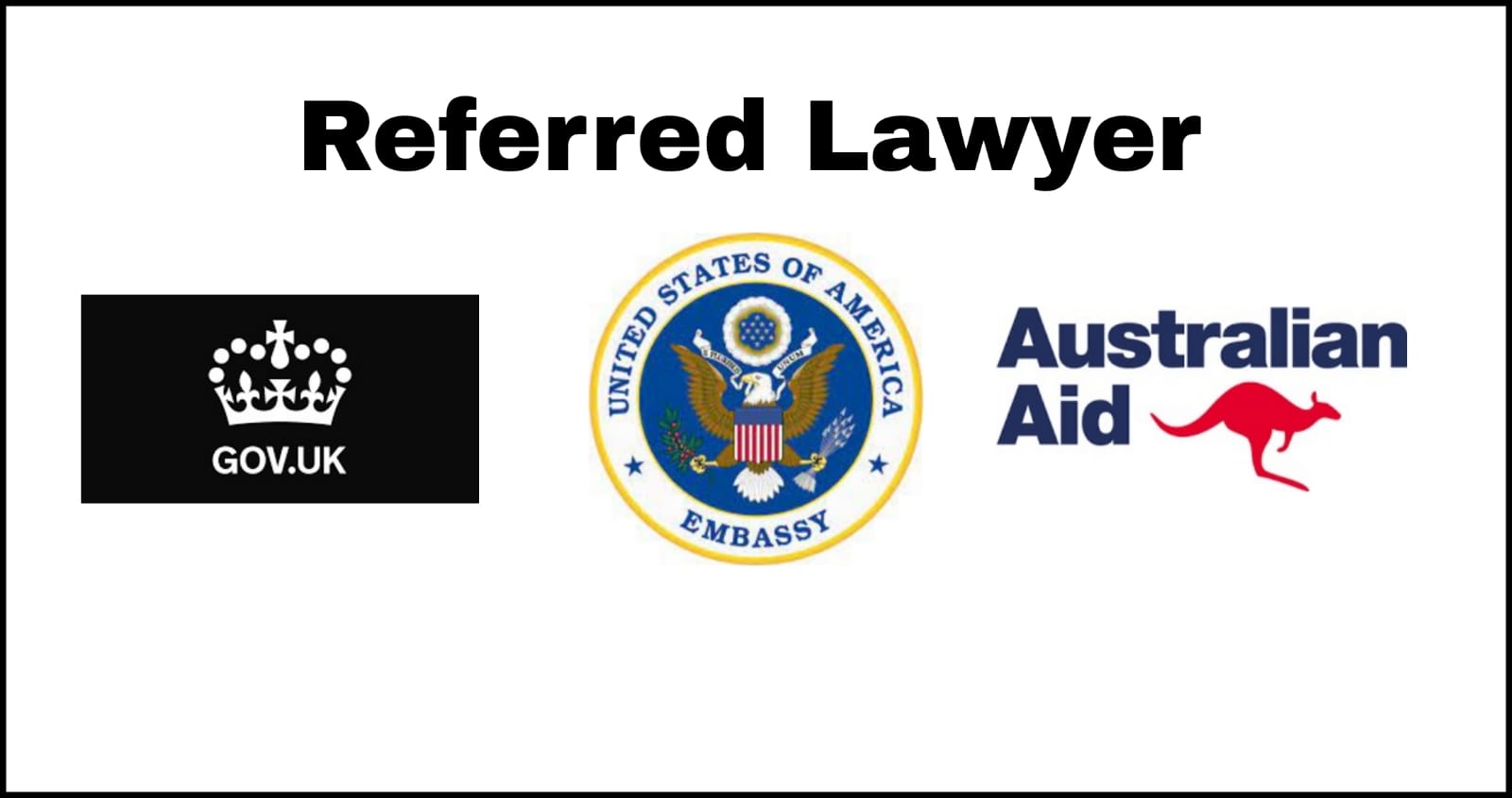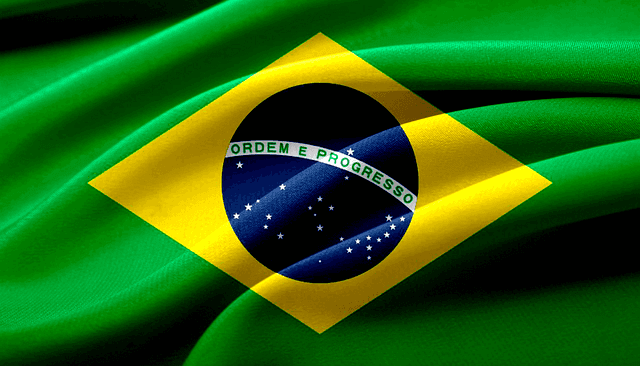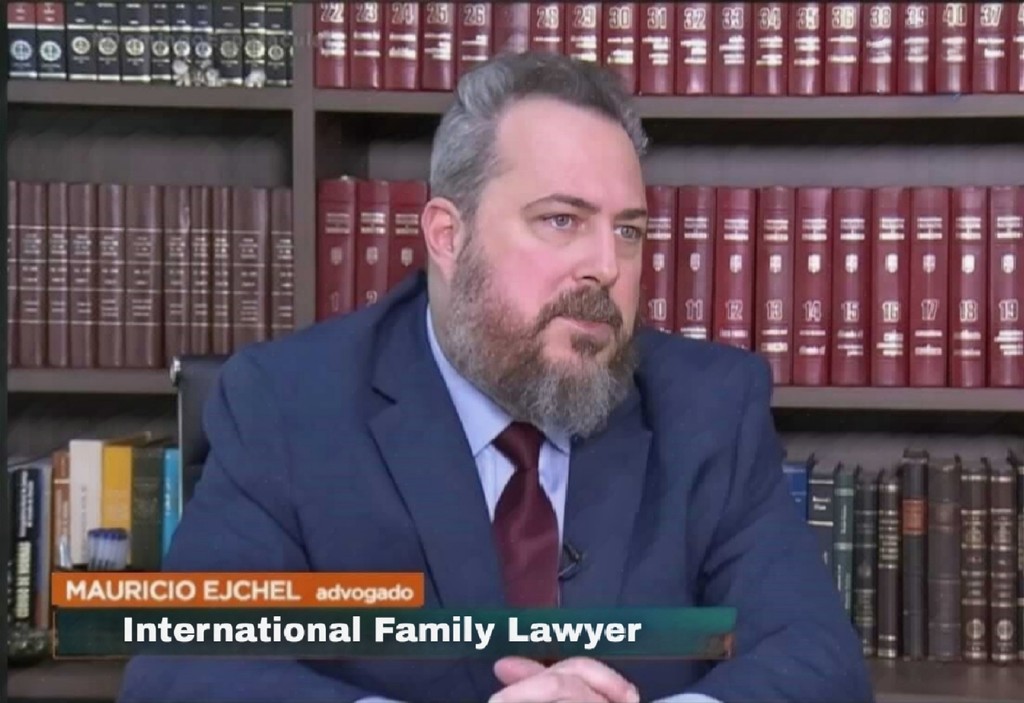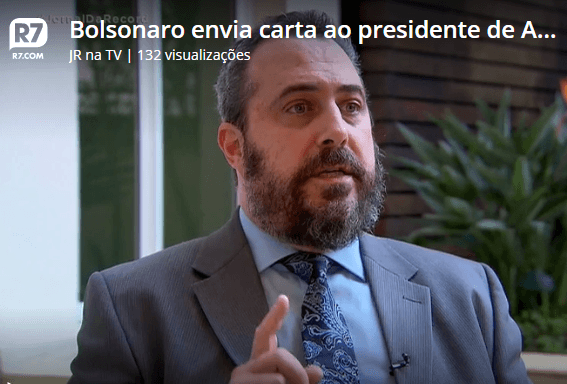Father´s Rights in International Law
In family law, particularly when examining its impact in international contexts, the topic of paternal rights is rarely detailed, with few sources clarifying the specific rights and duties involved in the father’s role.
Thus, questions about the effective right to exercise fatherhood must be detailed and compared with other influential rights that coexist and have interwoven boundaries, such as maternal rights, along with the essential rights of the child, which fundamentally form the basis for the rights of the father.
These rights apply equally, whether the man is married, single, or the child was conceived outside of marriage. It doesn't matter if the child came from a long-standing marriage or a brief encounter that resulted in pregnancy.
The father’s right begins at conception, with the first right being to have his name recorded on the child's birth certificate, whether issued in the child’s birthplace or abroad.
This is not just the father’s right but also the child’s— the right to know and be recognized by a father.
If paternity is questioned, a father has the right to request a DNA test to establish biological ties when another person claims pregnancy by him.
The father’s biological right includes being named on the birth certificate, establishing a permanent link between him and the child.
The right to fatherhood, for legal purposes, arises from the signing of the birth certificate, whether voluntarily or by court order.
The father’s rights encompass all aspects of the child’s life from conception, including custody, visitation rights, and the obligation to provide support.
In this same moment, the child’s rights in relation to the father also arise, including the right to receive child support, name and registration, the right to the father’s nationality (subject to country-specific exceptions), well-being, education, filiation, and inheritance.
Central among these rights are custody and visitation, constitutionally protected worldwide, granting a father the right to be present, participate in decision-making, and maintain a relationship with his child, which broadly includes preventing the child’s removal from the country without consent, as such actions could impede the father's ability to exercise the referred rights.
Regarding the child, the father's rights are equivalent to those of the mother. Neither parent holds more rights than the other; the rights are balanced and equal. There is no predominance for one side, meaning the father has the same standing as the mother in all matters.
A core responsibility and right of the father is to ensure his child’s well-being from birth until the age of majority, or the age established by the law of the child’s domicile. This duty comprises the father’s right to oversee his child’s overall health, secure adequate nutrition, and provide a stable foundation for the child’s emotional and financial support.
The father’s role, therefore, is not limited to occasional support but extends to the active safeguarding of the child’s growth and welfare.
Regardless of physical access or visitation arrangements, the duty to provide financial support remains legally unaltered. The father is obligated to contribute to the child’s upbringing, irrespective of his ability to be physically present.
The lack of visitation rights, therefore, does not exempt him from the obligation of paying child support.
Custody rights are often violated in international family disputes, where additional complexities can arise, such as the duplication of similar disputes across different countries or even conflicting judicial decisions; in cases where one ruling contradicts another, it is common practice to give precedence to the earliest decision.
For fathers dealing with the international abduction of their child, the Hague Convention of 1980 provides critical support to dispute the return and uphold the father’s rights, seeking the return of children taken across borders without consent and ensuring that custody and visitation rights are respected.
However, enforcing any national decision internationally must follow the procedures of the country where the child resides, as each legal system holds authority over children physically within its borders.
A father has the right to not only participate in his child’s life but also to guide her cultural and emotional development. He has the privilege to instill his values and connect his child to her heritage, including rights tied to social security, inheritance, and nationality.
In turn, the child holds the right to inherit from the father, thereby securing rights to citizenship, social benefits, residence, and welfare, all subject to the father's national law regarding these provisions.
Upon the father’s passing, the child becomes his rightful heir, with an inheritance right equal to that of children from any relationship. The father’s passing does not diminish this entitlement; rather, it secures for the child an unbreakable connection to her family legacy.
To enforce and preserve these rights effectively, a father must diligently work through diverse legal systems, ensuring his role remains a constant source of support and guidance for his child.
Mauricio Ejchel
Father´s Rights in International Law
In family law, particularly when examining its impact in international contexts, the topic of paternal rights is rarely detailed, with few sources clarifying the specific rights and duties involved in the father’s role.
Thus, questions about the effective right to exercise fatherhood must be detailed and compared with other influential rights that coexist and have interwoven boundaries, such as maternal rights, along with the essential rights of the child, which fundamentally form the basis for the rights of the father.
These rights apply equally, whether the man is married, single, or the child was conceived outside of marriage. It doesn't matter if the child came from a long-standing marriage or a brief encounter that resulted in pregnancy.
The father’s right begins at conception, with the first right being to have his name recorded on the child's birth certificate, whether issued in the child’s birthplace or abroad.
This is not just the father’s right but also the child’s— the right to know and be recognized by a father.
If paternity is questioned, a father has the right to request a DNA test to establish biological ties when another person claims pregnancy by him.
The father’s biological right includes being named on the birth certificate, establishing a permanent link between him and the child.
The right to fatherhood, for legal purposes, arises from the signing of the birth certificate, whether voluntarily or by court order.
The father’s rights encompass all aspects of the child’s life from conception, including custody, visitation rights, and the obligation to provide support.
In this same moment, the child’s rights in relation to the father also arise, including the right to receive child support, name and registration, the right to the father’s nationality (subject to country-specific exceptions), well-being, education, filiation, and inheritance.
Central among these rights are custody and visitation, constitutionally protected worldwide, granting a father the right to be present, participate in decision-making, and maintain a relationship with his child, which broadly includes preventing the child’s removal from the country without consent, as such actions could impede the father's ability to exercise the referred rights.
Regarding the child, the father's rights are equivalent to those of the mother. Neither parent holds more rights than the other; the rights are balanced and equal. There is no predominance for one side, meaning the father has the same standing as the mother in all matters.
A core responsibility and right of the father is to ensure his child’s well-being from birth until the age of majority, or the age established by the law of the child’s domicile. This duty comprises the father’s right to oversee his child’s overall health, secure adequate nutrition, and provide a stable foundation for the child’s emotional and financial support.
The father’s role, therefore, is not limited to occasional support but extends to the active safeguarding of the child’s growth and welfare.
Regardless of physical access or visitation arrangements, the duty to provide financial support remains legally unaltered. The father is obligated to contribute to the child’s upbringing, irrespective of his ability to be physically present.
The lack of visitation rights, therefore, does not exempt him from the obligation of paying child support.
Custody rights are often violated in international family disputes, where additional complexities can arise, such as the duplication of similar disputes across different countries or even conflicting judicial decisions; in cases where one ruling contradicts another, it is common practice to give precedence to the earliest decision.
For fathers dealing with the international abduction of their child, the Hague Convention of 1980 provides critical support to dispute the return and uphold the father’s rights, seeking the return of children taken across borders without consent and ensuring that custody and visitation rights are respected.
However, enforcing any national decision internationally must follow the procedures of the country where the child resides, as each legal system holds authority over children physically within its borders.
A father has the right to not only participate in his child’s life but also to guide her cultural and emotional development. He has the privilege to instill his values and connect his child to her heritage, including rights tied to social security, inheritance, and nationality.
In turn, the child holds the right to inherit from the father, thereby securing rights to citizenship, social benefits, residence, and welfare, all subject to the father's national law regarding these provisions.
Upon the father’s passing, the child becomes his rightful heir, with an inheritance right equal to that of children from any relationship. The father’s passing does not diminish this entitlement; rather, it secures for the child an unbreakable connection to her family legacy.
To enforce and preserve these rights effectively, a father must diligently work through diverse legal systems, ensuring his role remains a constant source of support and guidance for his child.
Mauricio Ejchel

Dr. Maurício Ejchel
International Family Lawyer
Brazil

Dr. Maurício Ejchel
International Family Lawyer
Brazil

Dr. Maurício Ejchel
International Family Lawyer
Brazil

Dr. Maurício Ejchel
International Family Lawyer
Brazil
MF. Ejchel International Advocacy. 1996
MF. Ejchel International Advocacy. 1996
MF. Ejchel International Advocacy.
1996
MF. Ejchel International
Advocacy
1996































